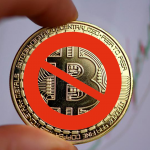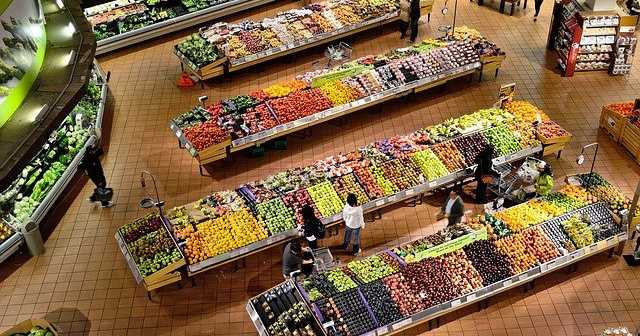Equifax | BoaVista published its “Fraud Census” last week, showing a 40% increase in fraud attempts in e-commerce in the first half of 2024, during business hours, from 12pm to 5:59pm. Data on the pattern of fraud behavior involving online transactions showed that the company’s anti-fraud products prevented a loss of approximately R$4 billion in the first half of the year out of approximately R$36 billion in online purchases processed in the period.
The data also indicates that the percentage of fraud attempts remains at 32%, between 6pm and midnight, with similar data between January and June 2024 and 2023. On the other hand, scams in the early hours of the morning, between midnight and 6am , registered a drop, going from 8% in 2023 to 6% in the same period in 2024.
Another important data from the Census is that mobile devices lead fraud attempts in e-commerce with 75% in 2024, compared to 74% in the same period in 2023. While scams using computers registered a drop, going from 26% last year to 25 % in 2024.
“The study provides crucial information about the most frequent behavior pattern of fraudsters during times of high turnover in e-commerce to remain unnoticed. This shows the need to reinforce monitoring measures during these periods of the day”, says Rogério Signorini, Vice President of Products and Pre-Sales at Equifax | BoaVista
On a national level, the study reveals that the Southeast is the region that concentrates the majority of fraud attempts, with 63%, with São Paulo and Rio de Janeiro being responsible for 50% of them. But, in the comparison between the two states, São Paulo registered an increase in attempted coups, going from 40% in 2023 to 41% in 2024. While Rio showed a drop with 11% in 2024, against 15% in 2023.
In the South region, even with the drop in sales in 2024, the study observed an increase of 11% in attempted scams, with Paraná representing 5% of them. In the Northeast, the states of Bahia and Ceará remained leaders in the region with 3%, the same percentage as last year. The North had the lowest rate in the country at 6% as it is the region with the lowest amount of e-commerce sales.
Source: CisoAdvisor
Read more news at our blog.

























